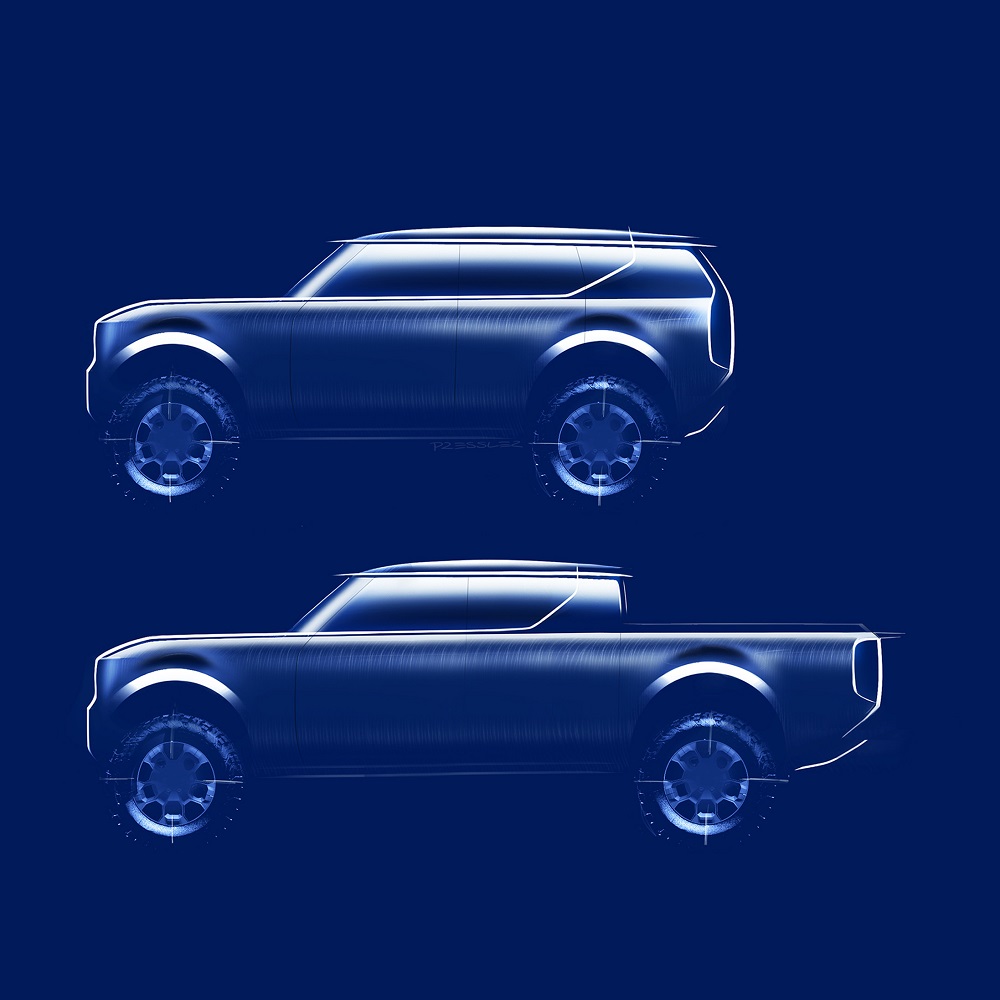KARLSRUHE (Germany), Dec 3 — A pilot section of inductive charging road for electric vehicles, just a few metres long, is being set up in Karlsruhe, Germany.
The aim is to provide energy for electric buses operating on the local transport network, while they are driving.
Wireless inductive charging is nothing new. It allows the transfer of electrical energy to a vehicle battery via an electromagnetic field.
Previously, it has been successfully used for stationary vehicles, in parking bays, or in tests on private roads.
In the city of Karlsruhe, a real-world experiment on another scale is now seeking to benefit local public transport.
This pilot is being led by Eurovia, a subsidiary of the Vinci group, and ElectReon, an Israeli startup specialising in this technology, in collaboration with the German energy supplier, EnBW Energie Baden-Württemberg.
The project is a first in Germany.
At the beginning of 2021, its aim is to implement a 100-metre section of road featuring an inductive charging system, with 90 metres of dynamic charging and 10 metres of static.
Later, a larger section, of around 600 metres, will be deployed.
Electric buses in Karlsruhe will use this special section of road to recharge their batteries a bit, all while driving. This test phase will serve to determine the extent to which this kind of system might be effective.
This technology offers many potential advantages.
First, it promises to boost the battery life of electric vehicles, potentially helping to keep buses on the road for longer.
Moreover, seeing as batteries would be charged more regularly, each time the vehicle uses an inductive charging road, this kind of system could allow for smaller batteries, cutting the weight of vehicles while gaining space.
Finally, it could also help avoid the need to build extra charging stations for buses.
Other projects of the kind are set to follow in Germany, as well as in Belgium and France. — AFP-Relaxnews






















